Rigveda, a collection of hymns which are primarily prayers and praises addressed to various deities, is a religious/spiritual classic which influenced the formation and development of Indian way of life and culture. The concept of divine is central to it. The meaning of divine though has undergone significant changes in the long history of Hinduism depending upon its interaction with other world religions, the basic Vedic idea of divine still remains central to the Hindu concept of divine or God.
In this work we discuss mainly the meaning of divine and the mode of its revelation to the seers of the Rigveda in the state of divinely inspired devotion. This is what the Veda reveals or says about itself. To understand this claim of the Veda requires a deep understanding of the Vedic symbolism employed in communicating the meaning of divine inspiration. The seer-poets resort to symbolic use of language to communicate their vision of the divine, the birth of divine consciousness in them and its expression in the form of hymns. By closely following the text of the Rigveda, one can understand the symbolic use of certain words, and appreciate the meaning of the Veda which would otherwise be highly obscure and utterly unintelligible. Unless we understand the meaning of divine and the mode of its revelation to the Vedic seers it is difficult to understand and appreciate the meaning of the Veda or to interpret it. The Veda in its literary form comes into existence when the divinely inspired devotion is expressed in the form of prayer or hymns. When divine inspiration is offered back to the divine in the form of prayer and praise, human life finds its supreme fulfilment, and its attitude to world or nature gets transformed into one of reverence and worship.

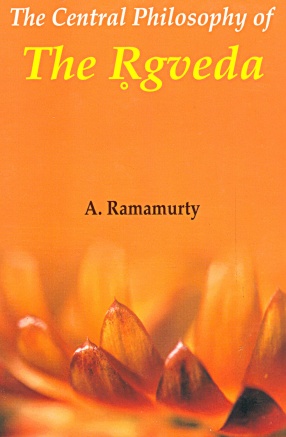

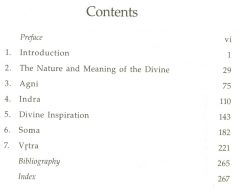
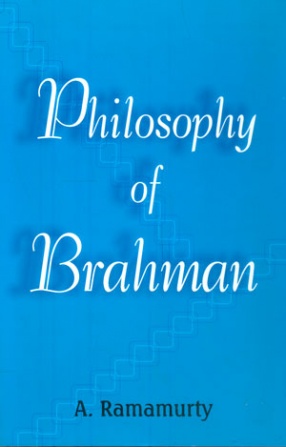
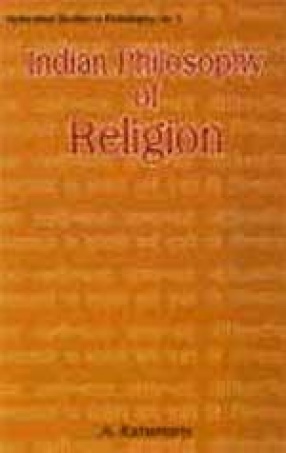
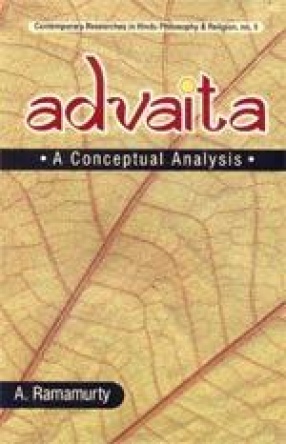


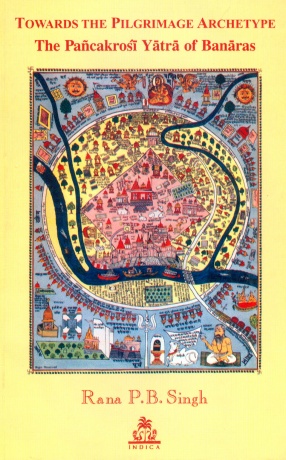
There are no reviews yet.